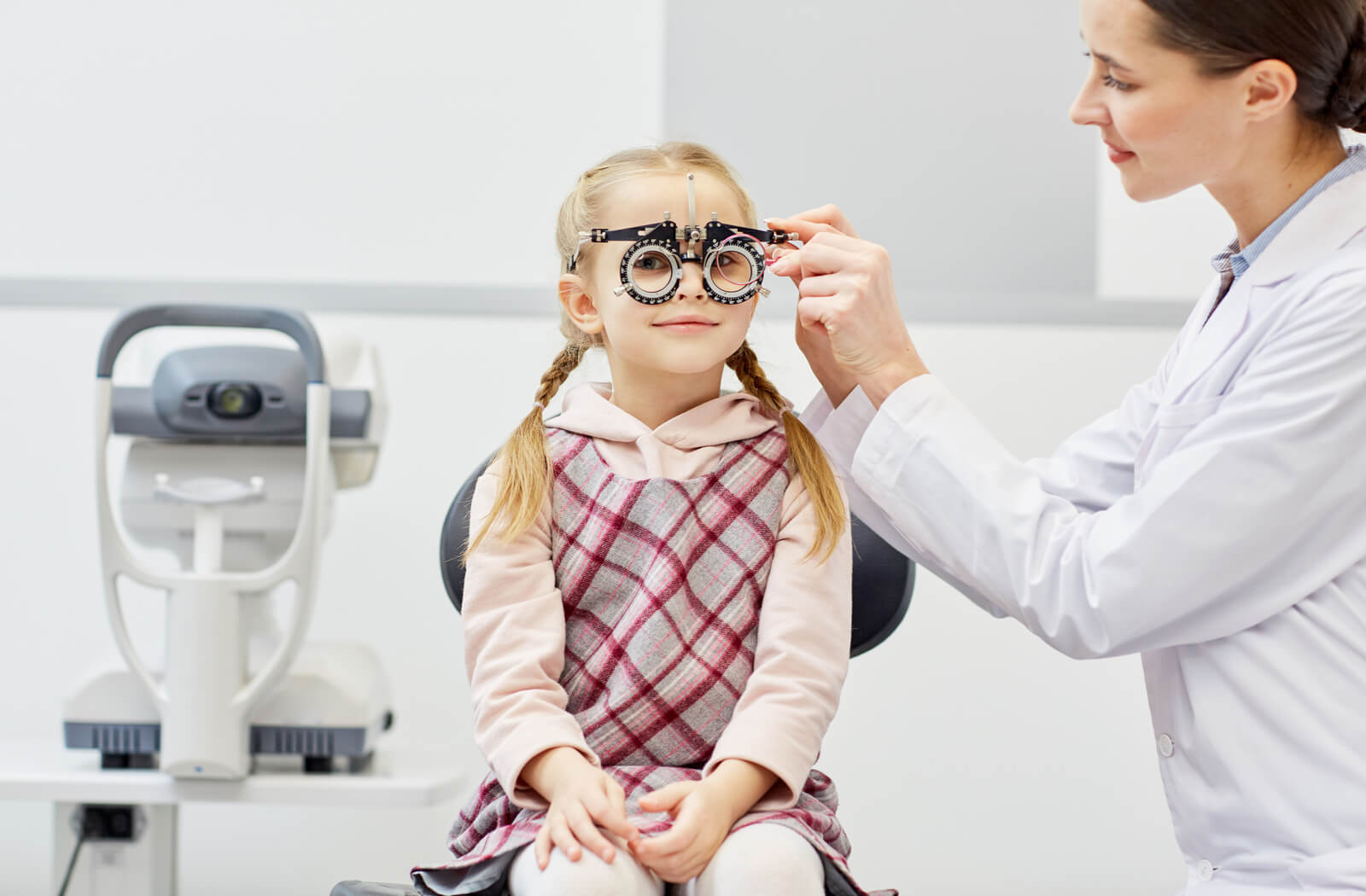Understanding Myopia
Myopia occurs when the eye’s axial length (the distance from the front to the back of the eye) is too long relative to the eye’s optical power. This condition results in difficulty seeing distant objects clearly, while nearby objects are seen clearly. Myopia often starts during childhood and can progress over time, increasing the risk of vision-related issues.
The Significance of Myopia Risk Assessment
Assessing myopia risk is vital for several reasons:
Early Detection: Identifying myopia risk factors early enables for effective action to limit its progression.
Preventing Complications: High myopia (severe nearsightedness) is connected with a higher risk of eye illnesses such as retinal detachment, glaucoma, and cataracts. Reducing myopia progression can help reduce the risk of these problems.
Improved Quality of Life: Managing myopia can improve a person’s overall quality of life by lowering their need for corrective glasses.
Myopia Risk Factors
Several factors can increase the risk of myopia:
Genetics: A family history of myopia increases the risk greatly.
Near Work: Extensive close-up activity, including reading or using digital gadgets, can contribute to the development of myopia.
Time Spent Outside: Spending more time outside has been linked to a lower incidence of myopia.
Age: Myopia frequently develops in childhood and can progress until early adulthood.
Myopia Risk Assessment Strategies
Comprehensive Eye Exams: Make an appointment for regular eye exams with an optometrist or ophthalmologist who can assess your risk of myopia and monitor its progression.
Genetic Assessment: Consider genetic testing if you have a family history of myopia to better understand your genetic predisposition.
Lifestyle Modifications: To lower the risk of myopia, encourage outdoor activities and limit screen usage, especially among children.
Orthokeratology (Ortho-K): Ortho-K lenses are designed to reshape the cornea overnight, slowing myopia progression. Consult an eye care specialist to discover if this is a possibility for you or your child.
Low-Dose Atropine Eye Drops: Some research suggests that low-dose atropine eye drops may delay myopia progression. For further information, speak with an eye care specialist.
Myopia risk assessment is an important step in protecting your eyesight and the vision of those you love. You can take proactive efforts to manage myopia and safeguard your eye health by recognising risk factors and obtaining help from the best eye hospital in ghaziabad and best eye specialist in kaushambi ghaziabad. Don’t put it off; prioritize your vision today for a brighter, healthier tomorrow.


